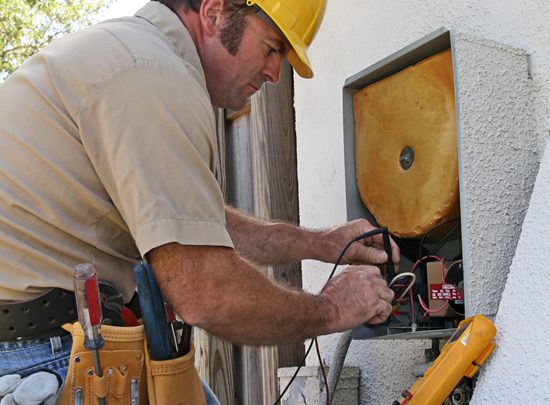
Five Reasons to Consider an HVAC Career
The heating, ventilation, and air conditioning (HVAC) industry is a quickly evolving and adapting field with an excellent job outlook. Students enrolling in an HVAC technology program will graduate with the skills necessary to enter the workforce prepared and highly qualified. HVAC technicians design, install, maintain, repair, and replace systems for both commercial and residential customers. Technicians will often specialize in a specific part of the industry; either installation or maintenance and either residential or commercial. However, an accredited training program will prepare a graduate to do both.
There are many excellent reasons to consider a future in the HVAC industry. Understanding the work prospects after graduation is essential for anyone considering enrolling in an HVAC program.
An HVAC career is:
- In high demand The federal Bureau of Labor Statistics (BLS) reports that the job outlook for Heating, Air Conditioning, and Ventilation technicians is growing much faster than average. Between 2010 and 2020 the BLS estimates that there will be 34% growth in the field and an employment change of 90,300. The outlook is even better for technicians who have completed a rigorous training at an accredited heating and air conditioning school. The rising demand for highly trained HVAC professionals will continue to increase the employment opportunities nationwide.
- A diverse field A degree in HVAC technology doesn’t simply prepare students for a single profession, it opens up the door to a wide variety of specialties to choose from. Once graduates earn an HVAC degree and begin searching for work they can begin to determine which part of the industry they prefer. It is likely that a technician will primarily service or install either residential or commercial systems. Although these systems do essentially the same work the technology can be vastly different. A technician may also specialize in a certain type of equipment, including solar panels, evolving green technologies, or water based heating systems.
- Going green Many HVAC companies have invested time and money in converting their workforce and services to new green technologies. Technicians receive ongoing education in energy efficient systems and conservation strategies to better serve the needs of customers. The changes in the HVAC industry demand that professional technicians are current on new technology and energy conservation. The outlook for the industry is that the systems will continue to evolve and adapt, becoming more greener as the years pass. A well educated professional technician will be able to keep up with these changes and stay at the forefront of new technology.
- Widely needed The HVAC industry isn’t a regional field and technicians are needed nationwide. Regardless of where a graduate hopes to live there will be a need for certified and highly trained HVAC technicians. This also allows technicians to become even more specialized because of the differences in regional climates. The HVAC needs of the southern states may focus on the installation and maintenance of efficient air conditioning systems while the northeast states place more emphasis on ensuring heating systems are operating properly in advance of the cold seasons.
- Recession proof The last several years have proven that when a recession hits it can have a serious impact on a range of industries. The HVAC field has proven to be fairly recession proof. Since every residence and every business has some type of HVAC system there will always be a market for routine maintenance and repairs. No home or business owner wants to go without a properly working system. Additionally, as HVAC systems age they inevitably need to be replaced. The lifespan of an HVAC system is, on average, about ten years. This is true regardless of the state of the economy.
What are additional reasons to pursue placement in a heating and air conditioning school?
